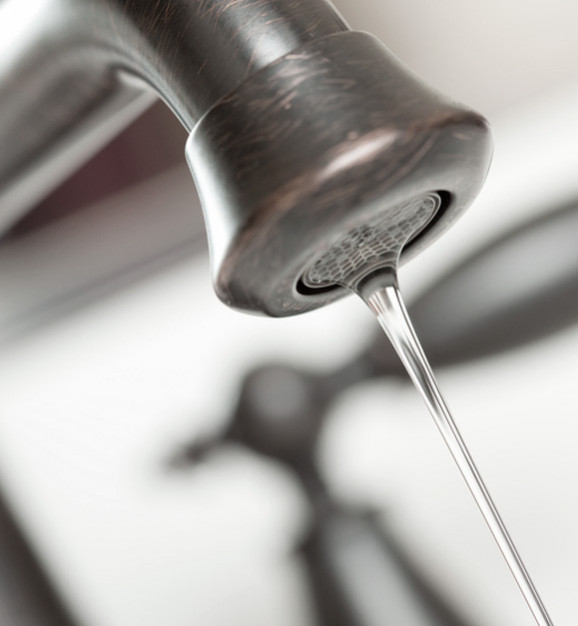Low Water Pressure in Lower Hutt or Wellington | Watersmith Plumbing and Gas
Do you suffer from low water pressure in your Lower Hutt or Wellington home?
Most new homes in the Wellington area are built using mains water pressure for hot and cold water. However, a large number of existing homes operate with unequal water pressure (there are also equal low pressure situations in Lower Hutt and Wellington). Identifying what type of water pressure you have in your home is essential when deciding on tap-ware and showers.
The main reason for low pressure hot water is because the older hot water cylinders were not built strong enough to handle strong water pressure.
If you can’t have a shower at the same time as doing your washing because the water pressure is reduced to a trickle, you may need a plumber to investigate your home’s water system.
Water pressure may be low for a number of reasons. The most common cause is probably a constriction in your pipes or valves.
While some might consider high water pressure a good thing, water pressure that is too high can cause leaks and expensive pipe damage.
We often recommend converting to mains hot water, especially if your existing hot water system is over 20 years old. If you have a house in Lower Hutt, the Hutt Valley or greater Wellington area, get in touch for a free quote to upgrade to a new hot water system.

Is your water temperature too hot in your Lower Hutt or Wellington home?
There are three types of electric hot water cylinders in the Wellington region; low, medium and high pressure. Low pressure cylinders are normally made from copper and are the most common in older Hutt Valley and Wellington homes.
Because the Hutt Valley has a good gas network, it’s fairly common for homes to have a gas hot water system (such as Rheem, Rinnai or Bosch) instead of an electric cylinder.
Besides gas and electric there are other supplementary types such as; solar, heat pump and wetback, which are becoming more and more popular.
Two of the most common problems with hot water systems are that they produce water that is either not hot enough or too hot.
The quickest and most obvious step is to adjust the temperature dial on the front of the water cylinder or unit, wait a little bit, then check the water temperature at a faucet.
If adjusting the temperature dial doesn’t do the trick, you may need the services of a plumber and gasfitter to investigate your home’s hot water system.
The ideal setting for a residential household hot water system is 60°C (55°C from the faucet). If your hot water is too hot it will cost you more on your energy bills (generally a third of your household energy bill is due to hot water usage).
If your cylinder water boils continuously and the heater does not shut off at its set temperature, or the temperature is set excessively high, you could risk rupturing the system.
Excessively hot water can also be dangerous because hot water and steam can scald you, or your children, very quickly.
On the flip side if your hot water temperature is too low (below 50°C) you run the the risk of developing a severe illness from legionella bacteria.
Often off-the-shelf measuring devices are inaccurate, why risk it? If you have a house in Lower Hutt, the Hutt Valley or greater Wellington area, get in touch for a free quote to sort out your hot water heating.